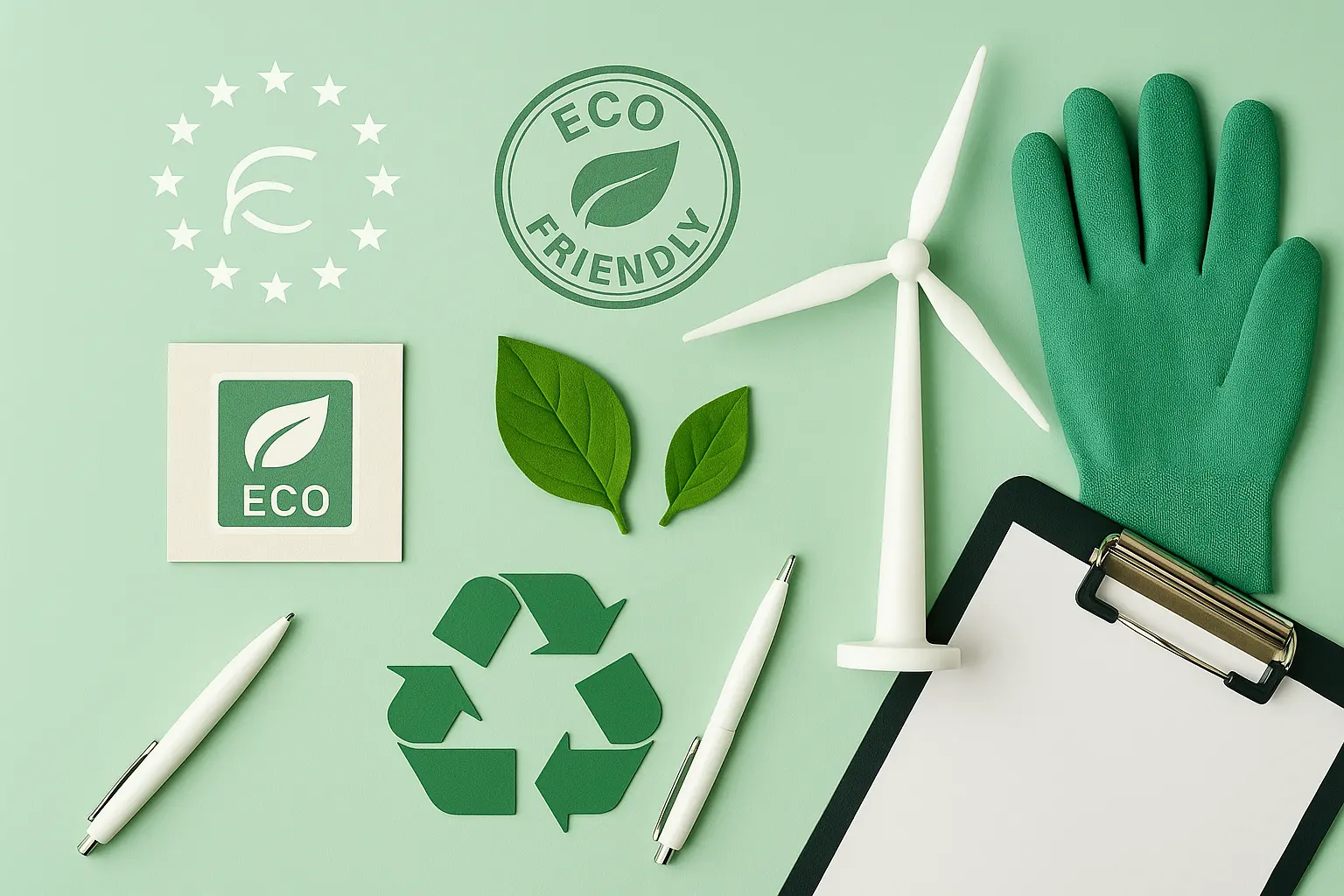Clean Water Certification
The Clean Water Certification process is crucial in ensuring that products and services meet stringent environmental standards aimed at protecting water resources. This certification focuses on minimizing contamination from pollutants, ensuring purity, and promoting sustainable practices throughout the product lifecycle.
Water pollution can have severe impacts on both human health and ecosystems. Pollutants such as heavy metals, pesticides, and organic compounds can enter water bodies through various means, including runoff from industrial processes or agricultural activities. Clean Water Certification helps prevent these contaminants from reaching our drinking water sources and aquatic environments. It also supports the transition towards more sustainable manufacturing practices by encouraging the use of eco-friendly materials and reducing waste generation.
Clean Water Certifications are typically based on international standards such as ISO 14020, which provides guidelines for environmental labeling and declarations. These certifications often involve rigorous testing protocols designed to measure various parameters including pH levels, turbidity, dissolved oxygen content, and specific chemical compounds that may indicate contamination.
For industries involved in water treatment or wastewater management, Clean Water Certification is essential as it demonstrates commitment to reducing environmental impact while maintaining product quality standards. This certification can enhance brand reputation among environmentally conscious consumers who increasingly seek out products with positive ecological footprints.
In summary, Clean Water Certification plays a vital role in safeguarding our planet's most precious resource – water. By adhering to these rigorous testing and compliance requirements, manufacturers not only protect public health but also contribute positively towards global sustainability goals.
Why It Matters
The importance of Clean Water Certification cannot be overstated in today’s world where freshwater scarcity is becoming an increasingly critical issue. Ensuring clean water supplies benefits everyone involved – from consumers purchasing goods made under such stringent conditions to communities relying on treated wastewater for irrigation or potable purposes.
- Health Implications: Contaminants like lead, mercury, and arsenic found in drinking water pose significant risks to human health. Clean Water Certification helps mitigate these dangers by setting strict limits on allowable concentrations of potentially harmful substances.
- Ecosystem Preservation: Polluted waters harm aquatic life, disrupt food chains, and reduce biodiversity within affected ecosystems. Implementing Clean Water Certification practices prevents further degradation of natural habitats and supports ecological balance.
- Social Responsibility: Consumers expect businesses to operate responsibly regarding environmental issues. A company that maintains Clean Water Certification signals its dedication to ethical business conduct and societal well-being.
Incorporating Clean Water Certification into your operations demonstrates a proactive approach towards addressing pressing environmental challenges, thereby fostering trust and loyalty among stakeholders.
Competitive Advantage and Market Impact
Achieving Clean Water Certification provides numerous advantages that can positively influence market positioning. It positions brands as leaders in sustainability, appealing to eco-conscious consumers who prioritize products with minimal environmental footprints. This certification also enhances reputation by showcasing a commitment to responsible corporate citizenship.
From an operational standpoint, adhering to these stringent standards encourages continuous improvement across supply chains. Companies adopting Clean Water Certification practices often see reduced costs associated with waste disposal and remediation efforts due to better resource management. Additionally, compliance fosters innovation through the exploration of greener technologies and processes.
The global trend towards sustainable development presents opportunities for companies that integrate environmental considerations into their business models early on. By securing Clean Water Certifications, organizations can differentiate themselves in competitive markets where consumers are increasingly demanding environmentally friendly options. Furthermore, these certifications open doors to new export markets characterized by stringent regulatory frameworks related to water quality.
Ultimately, Clean Water Certification is not just about meeting legal requirements; it represents a strategic investment in long-term success by aligning business goals with broader societal objectives.
Use Cases and Application Examples
| Industry Sector | Pollutant Tested For | Methodology Used | Acceptance Criteria |
|---|---|---|---|
| Agriculture & Food Processing | Nitrate, Phosphate, Heavy Metals | Spectrophotometry, Titration Analysis | Pesticide limits |
| Manufacturing & Industrial Processes | Phthalates, PAHs (Polycyclic Aromatic Hydrocarbons) | Infrared Spectroscopy, Chromatography | Absence of detectable levels; Compliance with ISO 14020 standards |
| Water Treatment Plants | Bacteria Count, Chlorine Residuals | Microbiological Culturing Techniques, Ion Selective Electrode Method | Bacterial colonies 1 mg/L |
| Agricultural Equipment Manufacturing | PVC Degradation Products, Lead Emissions | Mass Spectrometry, Flame Atomic Absorption Spectroscopy (FAAS) | No detectable PVC degradation; Lead emissions |
- Agriculture & Food Processing: Ensures that runoff from agricultural operations does not contaminate nearby water bodies. For example, a dairy farm might test for nitrate and phosphate levels to ensure proper fertilization practices are used.
- Manufacturing & Industrial Processes: Guarantees that manufacturing processes do not release harmful pollutants into the environment. An electronics manufacturer could use this certification to verify that its production lines comply with strict limits on phthalates and PAHs.
- Water Treatment Plants: Ensures treated water meets high standards of purity before it is released back into natural water systems or used for municipal purposes. A city utility company would need to regularly test their outflow for bacteria counts and chlorine residuals.
- Agricultural Equipment Manufacturing: Verifies that the materials used in manufacturing agricultural equipment do not release harmful substances when exposed to sunlight over time. This is particularly important for ensuring the safety of farm workers who may come into contact with these products regularly.





